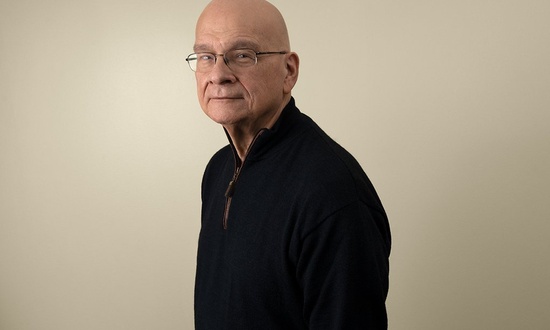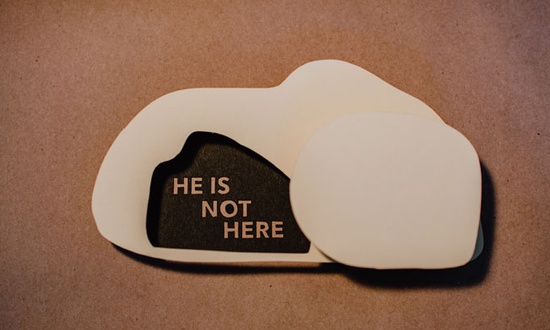I always appreciate the thoughtful, biblical and Christ-centered insights of Tim Keller, and have recommended his books, messages, and online videos.
In June 2020, Tim was diagnosed with Stage 4 pancreatic cancer. Last Sunday The New York Times published a interview with him, and he explained how the solid hope of the resurrection impacts his and Kathy’s lives (and his cancer). As I read, I thought about how Nanci and I would both agree 100% with what Keller says in answer to every question.
I’ll share a few excerpts, and you can read the whole thing here (and I hope you do).
When asked, “How has cancer and this encounter with your own mortality changed how you see your life and how you see death?” Tim answered:
On an emotional level, we really do deny the fact that we’re mortal and our time is limited. The day after my diagnosis, one of the words I put down in my journal was “focus.” What are the most important things for you to be spending your time doing? I had not been focused.
The second change was you realize that there’s one sense in which if you believe in God, it’s a mental abstraction. You believe with your head. I came to realize that the experiential side of my faith really needed to strengthen or I wasn’t going to be able to handle this.
It’s one thing to believe God loves you, another thing to actually feel his love. It’s one thing to believe he’s present with you. It’s another to actually experience his presence. So the two things I wrote down in my journal: one was focus and the other one was “Know the Lord.” My experience of his presence and his love was going to have to double, triple, quintuple or I wouldn’t make it.
Tim also said, about finding hope,
If the resurrection of Jesus Christ really happened, then ultimately, God is going to put everything right. Suffering is going to go away. Evil is going to go away. Death is going to go away. Aging is going to go away. Pancreatic cancer is going to go away. Now if the resurrection of Jesus Christ did not happen, then I guess all bets are off. But if it actually happened, then there’s all the hope in the world.
And reflecting on Jesus’ last week of earthly ministry and Easter, and how it impacts his own suffering, Tim said:
Holy Week gives you both death and resurrection. They don’t make any sense apart. You can’t have the joy of resurrection unless you’ve gone through a death, and death without resurrection is just hopeless. Essentially, the death/resurrection motif or pattern is absolutely at the heart of what it means to live a Christian life. And actually everything in life is like that. With any kind of suffering, if I respond to it by looking to God in faith, suffering drives me like a nail deeper into God’s love, which is what cancer has done for me.
I know Nanci would concur. She wrote in her journal in 2018, “Wow, have I had a fresh experience of God’s grace! Not only in His healing hand and answer to so many prayers; but primarily in His meeting my spiritual needs. God has given me a fresh experience of His grace. I have experienced Him in new and powerful ways. And He is good!”
Last fall she wrote, “Overwhelmed with joy and gratitude this morning for the great privilege of walking with my Savior toward Heaven. My God is here. His presence is all around and in me.”
In my book If God Is Good, I talked about how when we lock our eyes on our cancer, arthritis, fibromyalgia, diabetes, or disability, self-pity and bitterness can creep in. We can easily interpret all life through the darkness of our suffering. How much better when we focus upon Jesus! Tim and Nanci are wonderful examples of Christ-centered focus in suffering that bears much fruit.
This Easter weekend, may we celebrate the magnificent, cosmos-shaking victory of Christ’s physical resurrection, and the glorious and solid blood-bought assurance it has secured for us in our suffering.




